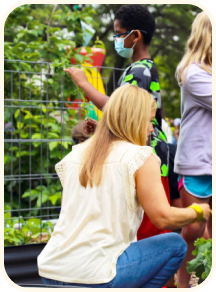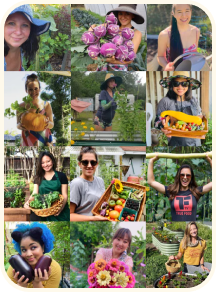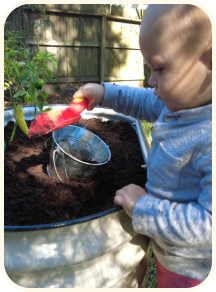Let's Get Growing: Essential Gardening Tips for First-Time Gardeners
As a beginner, it's tempting to dive headfirst into ambitious garden projects, but it's wise to start small and gradually expand as you gain experience. Begin with a small raised bed or even containers on a patio or balcony. This allows you to focus your efforts, learn about plant care, and avoid feeling overwhelmed by a sprawling garden. As you gain confidence and expertise, you can gradually expand your gardening endeavors to fulfill your grander visions.
Know your zone and soil
Understanding your growing zone and soil composition is fundamental to successful gardening. Identify your USDA hardiness zone to determine which plants are best suited for your climate and growing conditions. Additionally, test your soil to assess its pH level and nutrient content if you are uncertain about it. Most gardening centers offer affordable soil testing kits or services. Based on the results, you can amend your soil with organic matter, compost, or specific fertilizers to optimize its health and fertility for plant growth.
Sunlight and water: The dynamic duo
Sunlight and water are the lifeblood of any garden. Before planting, observe the sunlight patterns in your garden space to determine which areas receive full sun, partial shade, or full shade throughout the day. Choose plants that thrive in available light conditions.

For instance, planting aromatic herbs like basil or marigolds alongside tomatoes can repel harmful insects and improve flavor. Similarly, interplanting nitrogen-fixing legumes like peas or beans with heavy feeders like corn or squash helps enrich the soil with essential nutrients. By embracing diversity in your garden through companion planting, you can create a thriving ecosystem that fosters plant health and productivity.
Learn from experience and experiment

In conclusion, gardening is a fulfilling and enriching endeavor that allows individuals to connect with nature, nurture life, and cultivate beauty. By starting small, understanding your environment, prioritizing sunlight and water, embracing diversity through companion planting, and learning from experience, beginners can embark on a rewarding gardening journey with confidence and enthusiasm.





























Thank you for this information. I have been gardening for a couple of years. But I am always learning new things.
Leave a comment